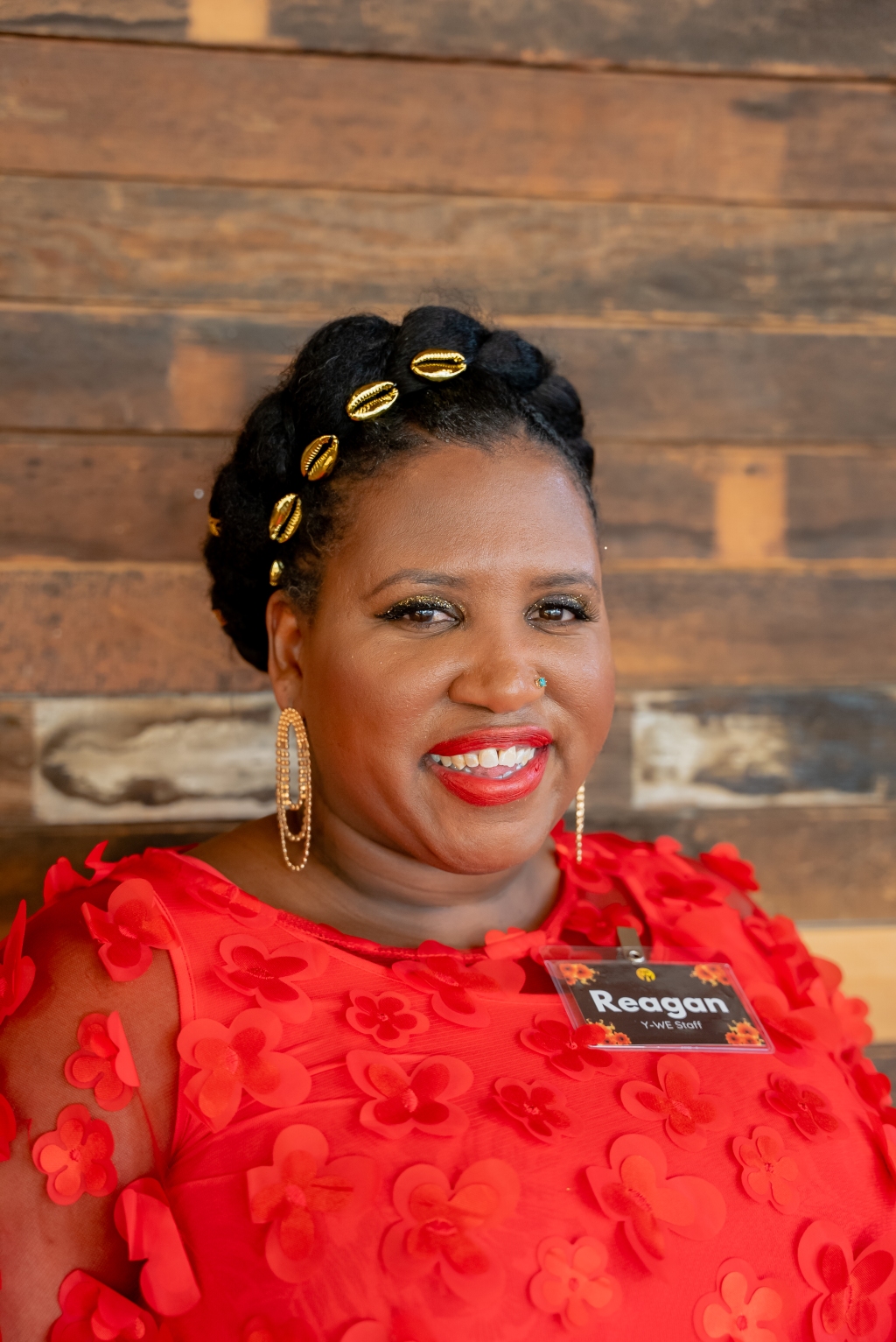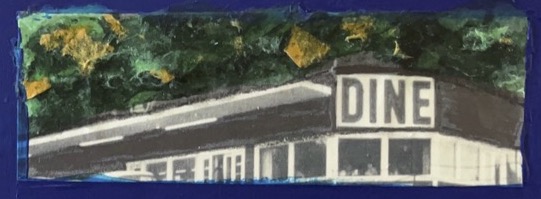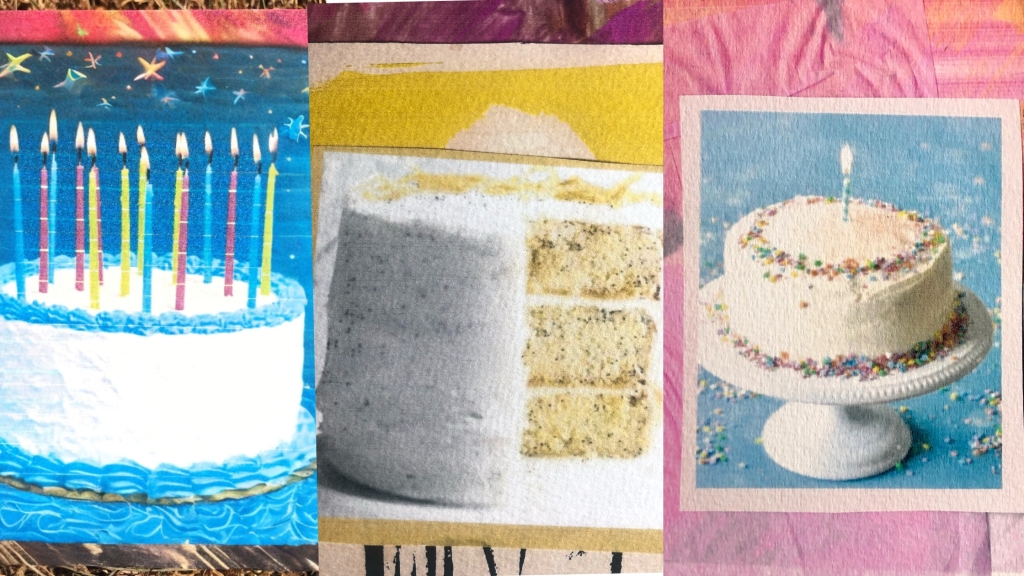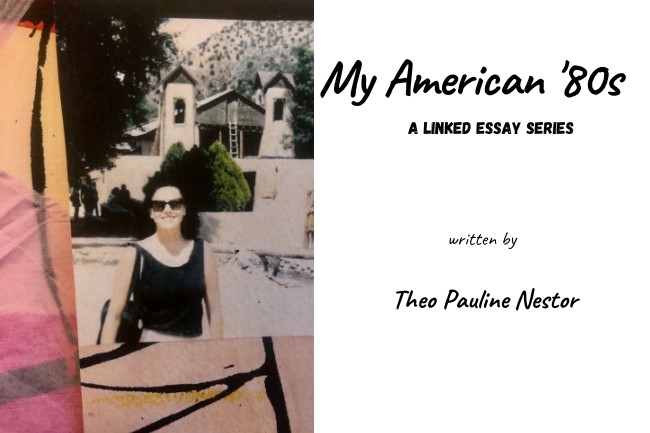
Theo: How did the idea for Junk come about?
TIM: Ha! I did a blog post about this when we launched. I wanted a creative project to work on with Holly. She dragged me into a creative project for the kid’s fifth grade class—a memory book, which we pulled together in one long glorious, sleepless weekend a few years ago. I had such a blast working with her on it. And it was so surprising. I wanted more. We mulled it over and Junk is what we came up with.
Holly: Tim and I were looking for a project to work on together, and recovery and writing are passions we share. We could have chosen to write a book, but then we might end up divorced. Junk seems like a good compromise—a way to marry our passions and keep passion in our marriage.
Theo: Tell us about Junk. What sort of submissions are you looking for?
TIM: Junk is interested in artistic expressions that shed some light on some aspect of addiction. All we ask is that it has to be memoir. We want to know what it means to be an addict. If we’re firm on our desire for only memoir, we’re trying our best to define addiction broadly. We’d like as wide a range of experience as we can find. We’d certainly like to hear from addicts and alcoholics, but we’d also like to hear from people who work too much or are obsessed with the girl next door.
Holly: In addition to hearing from addicts, we want to hear from people who have been affected by someone else’s addiction. We have our own ‘junk’ to tell, maybe related to the addict, maybe not.
Theo: What’s up with the idea of visual memoir? 
TIM: We’re trying to push past only publishing prose stories. We want songs, music, art, portraiture, and photography. Holly has opened my eyes to taking full advantage of our position as an online publisher. I’m not really sure what it means to use photography and songs to explore memoir, but I’m confident that someone out there will surprise us. Dinty W. Moore submitted a piece called Need, a lovely photograph of an anonymous addict that he captured in Florence, Italy this past summer.
Holly: Some media lend themselves to story-telling. Photography or song-writing are probably easier to pull off than ballet or ceramics. But then again, maybe not. The idea is to tell your own story using whatever media you are most comfortable with.
Theo: Do you think addiction and literature are somehow inherently related?
TIM: I’m not sure, but it’s a good question. Why are so many authors addicts or alcoholics? I tend to believe that addiction affects most everyone (especially if you define addiction as liberally as we’re attempting at Junk). If that’s the case, then the author-addicts receive special attention only because of their art; the art itself doesn’t drive them into an addiction. But the interesting role of the artist—especially the memoirist—who expresses something meaningful about addiction is that this artist is lending a voice to a common experience. Someone like Tiger Woods or Lindsey Lohan appears in the news and it’s scandalous, people love to gawk and read about another’s misfortunes, especially if those misfortunes revolve around some sort of sex addiction or crazy antisocial behavior. Those sort of stories make it easier to objectify an addict and take pleasure in another’s misfortunes. What the artist does is just the opposite: he makes the experience real, recognizable, even if you haven’t experienced the same misfortune.
Holly: Rare is the story of the person bullied by their parents or pressured by society to turn to writing. People usually choose artistic expression despite forces that hold them back. Where does that need to write come from? Often it comes from painful experience, addiction being one of them.
Theo: I notice on your About page it says something like, “This is not your 12 Step Group. This is not therapy.” What do you see as the difference between the storytelling that might go on in a meeting or a therapist’s office and the literary work Junk publishes?
Holly: Well, mostly the difference has to do with the way the person tells their story. Almost any content from a 12 step group or therapy session would work at Junk, but for me to publish it, a writer has to show command of storytelling. Some of that command comes from having achieved a type of detachment, pulling back from one’s own subjectivity long enough to tease out the theme and build a beginning, middle and end to the story.
Perhaps not coincidentally, the detachment necessary for effective storytelling also helps one progress through 12-step programs and individual therapy. Does that mean one needs to ‘complete’ a 12 step program or therapy to tell one’s story? From my own experience, I would say, no. I find recovery, one day at a time, and perspective, one story at a time. Writing is part of my recovery, which, I imagine, is true for many writers.
Theo: Do you read other magazines or online journals that focus on addiction? (If so, what are some of your favorite?) Or is Junk fulfilling an unmet need?
TIM: We looked for some, but haven’t found any. Nothing literary at least. You can find some journals that offer testimonials about religion or some particular sort of therapy—that sort of thing. I’m not interested in using Junk to rally behind any particular type of treatment. In fact, I’m excited by the prospect of one day getting a piece from someone who maybe doesn’t believe addiction is real, or has some point of view completely different from my own. I’d like to think the unmet need Junk is best positioned to fulfill is to present all the different sides of addiction. Especially when it comes to treatment, addiction has many different and often times contradictory philosophies. Look at treatment for heroin addicts—you’re either prescribed a drug for the rest of your life (methadone maintenance), or you’re asked to spend a lifetime abstaining from all mood altering drugs (12-Step). All those experiences should be valid, worthy material for a piece.
Holly: There are other good literary journals, both online and print, that publish nonfiction stories about addiction. What sets Junk apart is that Tim and I want to talk and think about literature and art specifically through the lens of addiction. Addiction is widespread and normalized in our culture, and nonfiction often contains themes of addiction, even when there is not a single word about drugs or alcohol. Much of the memoir currently published in other literary journals and magazines would make it into Junk, but by publishing those stories on Junk, we as editors, ask the reader to think about the text or the image, from a particular point of view, one that sees addiction in almost every aspect of our culture and in our daily lives. We want to shine a light on the proverbial white elephant in the living room.
Theo: As a person in recovery (Al-Anon) and as a writer, I sometimes get twisted up about whether my allegiance should be to 12 Step anonymity or to my own need to express my experience. I’m curious if you two have any thoughts on that.
TIM: I’ve had to give this more thought myself this past year. I’m currently working on, Dopefiend, a recovery memoir forthcoming (Oct 2011) from Central Recovery Press. I make no bones about the fact that I’m involved in a 12-Step program and that the 12 steps have been hugely influential in what I’ve been able to achieve in my recovery. But I’m also trying to be sensitive to the 12-Step traditions. CRP has a ton of experience with these kinds of books and has certain guidelines to follow. I’m so grateful to have found a publisher that knows how to publish this kind of story. For example, I’d say I went to a 12-Step meeting instead of a meeting for any particular fellowship. I say that I’m in recovery instead of saying I’m “sober” or “clean.” It’s interesting how easily language can alienate some people, but how similar our stories are once you get past certain details. On some level, I’m doing the same sort of thing with the book that I’m doing with Junk—trying to forgo some allegiances to establish a connection on some higher level, a level that I hope most people will be able to relate to.
Theo: I really like Holly’s piece about the addict being the noun and those around the addict being the adjectives and your piece about fatherhood. Have you found it challenging to be open about how addiction has impacted your life? (One reason I ask is that I’ve also written about this topic for print but haven’t written about it online. Online feels scary to me, like it’s forever and anyone can access it at anytime, which of course is also exciting.)
Holly: I find that, ironically, my self-esteem increases when I share who I am and where I have been, through my writing. When I am most honest about myself, a giddy sense of authenticity overtakes me. When I hide who I am and where I’ve been, I am safer from recrimination and criticism, but feel crippled by weakness and insecurity.
Theo: How are you spreading the word about Junk?
TIM: We’ve setup a page on Facebook and started a blog. We really want to build a community around the journal. Our 21 “likes” on Facebook are mostly family and friends, but we’re growing. Whenever I see a stranger likes us, I get a little chill. If you are out there, dear reader, and you have yet to like Junk on Facebook, know that you’ll be giving me a little chill, should you click that Like button.
Theo: How can writers submit to Junk? What types of pieces are you looking for?
TIM: Our submission guidelines are here: http://junklit.com/submit/
Holly: We know we will receive prose pieces; we encourage the submission of visual memoir.





Leave a Reply